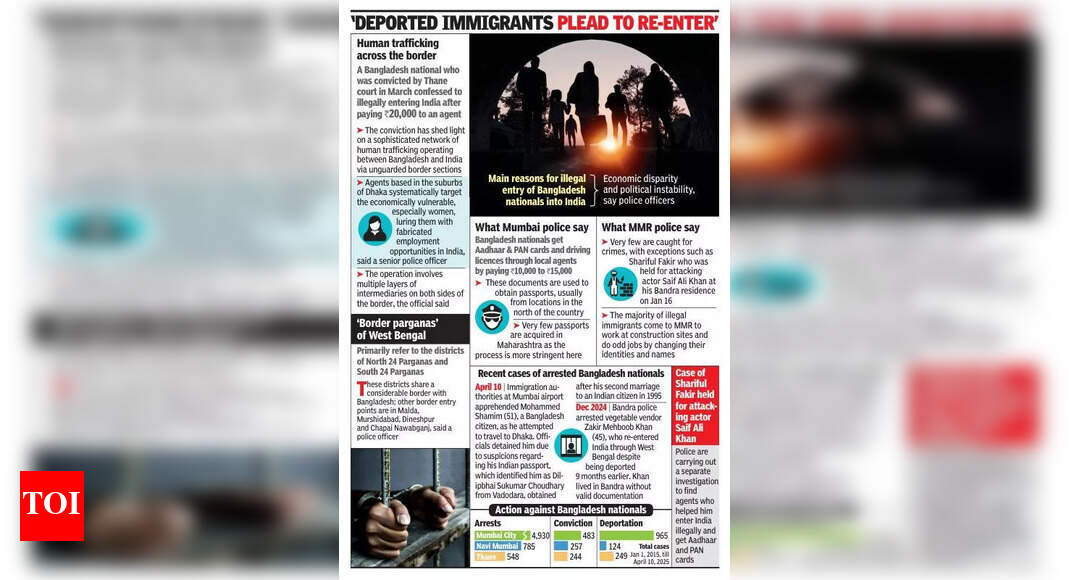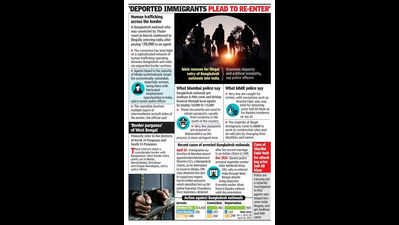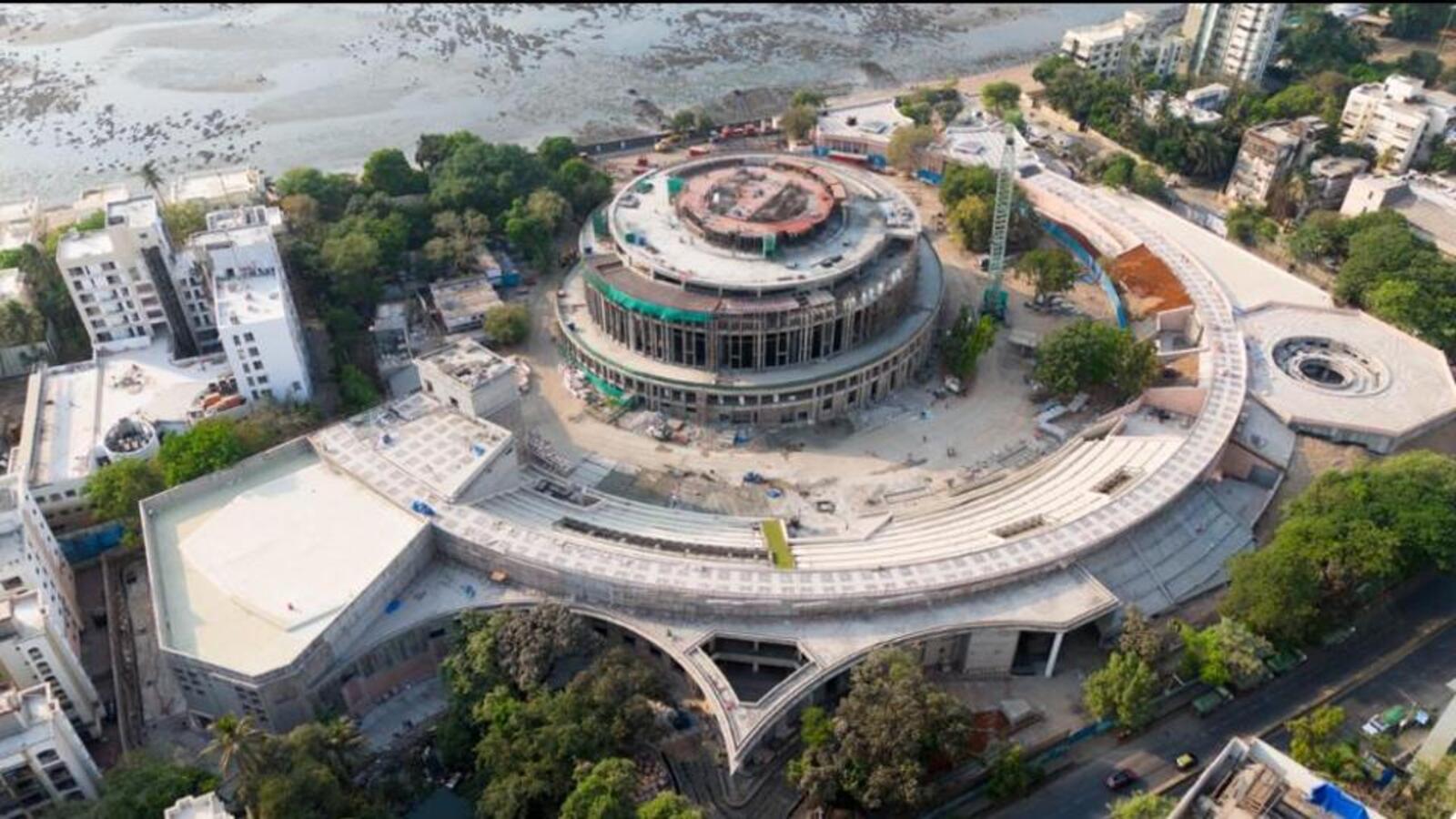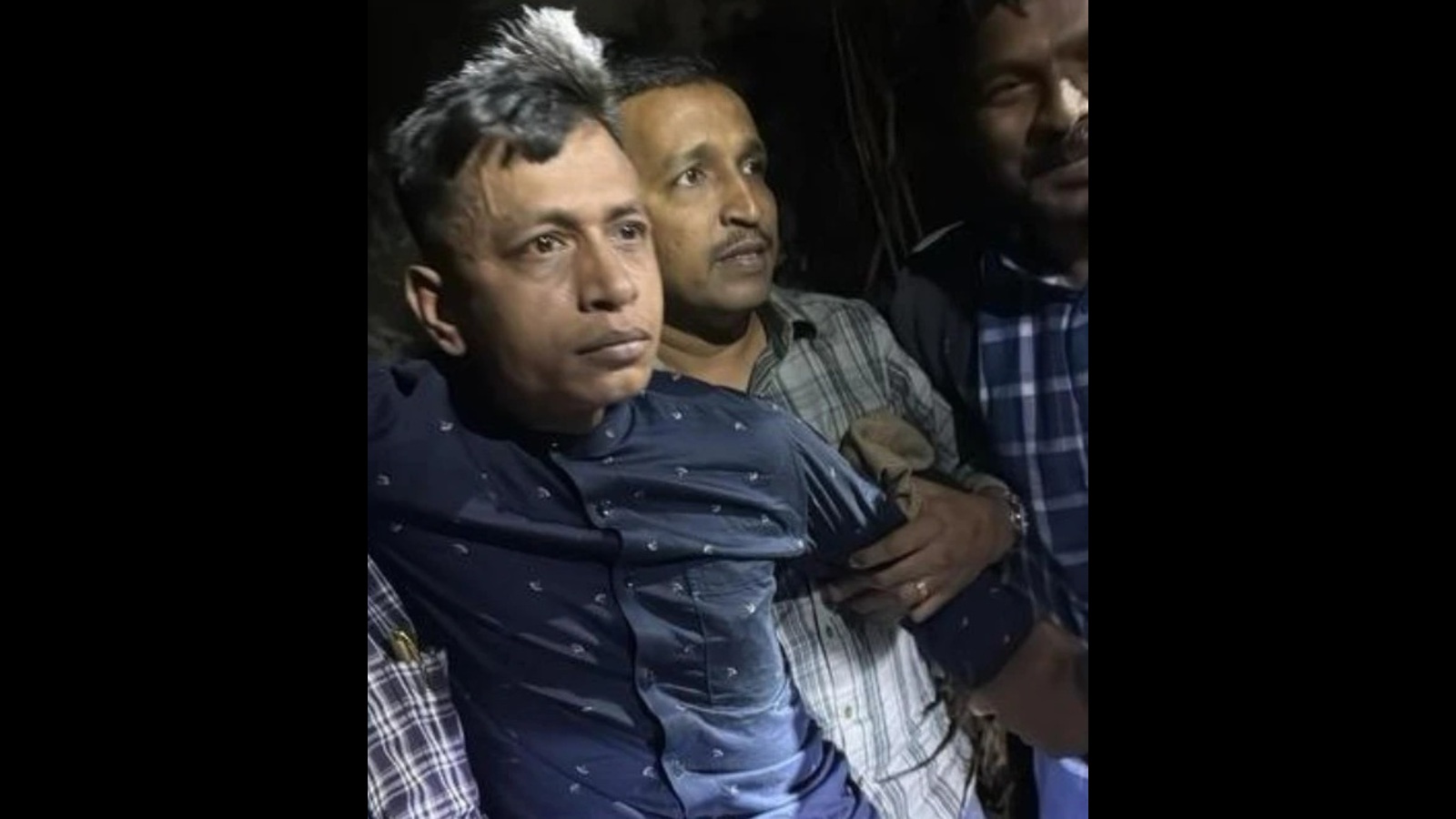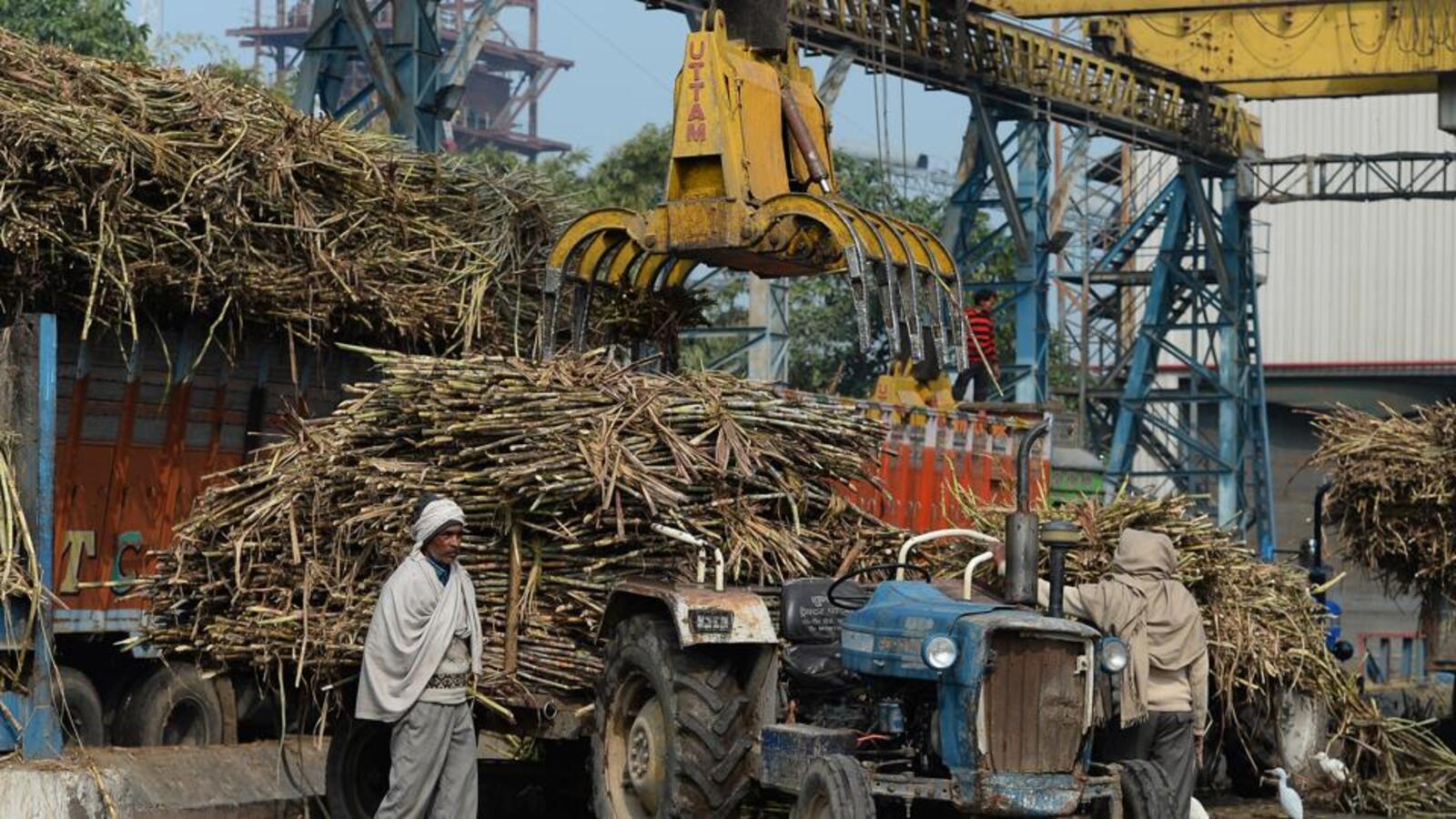Mumbai: “Sir, please don’t send me back to Bangladesh. I have spentmore than 20 years in the city,” 35-year-old Asia Akter implored officials after being caught while trying to take a flight from Mumbai airport to Dhaka to meet her mother this Feb. Akter, booked under BNS sections for cheating and forgery, and the Foreigner’s Act, had entered India illegally through West Bengal in 2002 and two years later with the help of an agent landed in Vashi where she worked as a beautician in a salon.
Mumbai police’s reply to a query under the Right to Information (RTI) Act by Kalyan resident Unnikrishnan N revealed that 4,930 Bangladesh nationals had been arrested between 2015 and 2025, with 483 convictions and 965 deportations. Navi Mumbai police statistics showed 785 arrests, 257 convictions, and 124 deportations from 2015 to 2025. Thane police recorded 548 arrests, 244 convictions, and 249 deportations during the same period.
The arrests form part of Mumbai police’s targeted operation to identify and detain Bangladesh nationals residing unlawfully in the city. The drive gained momentum after the Jan 16 attack on actor Saif Ali Khan by Bangladesh national Shariful Fakir at his Bandra residence.
Police officials said they have come across several such arrested Bangladesh nationals who said even if they are deported, they will try and return illegally because they have family in the city. Some make WhatsApp calls to the police from Bangladesh to show their willingneess to return and work in India. “Almost all those who are caught had got married after settling in Mumbai or other cities or states and were employed as labourers,” said a senior police officer.
Another police officer said several Bangladesh nationals are employed as labourers, jewellery artisans and domestic help because they accept lower wages. “Agents assist them in securing jobs for a commission,” he said.
Many of those caught say they do not even know they had been staying illegally in the country. They claim to have come to India to make a living as they cannot face the political turmoil and financial crisis in their country, a police officer said.
Palash Biswas (27) employed as a labourer at MIDC Andheri, who was arrested on March 15, “was settled in Mira Road for the past 10 years after he entered West Bengal through Benapole border illegally,” said an MIDC police officer.
In another case, Nilufa Yashim was held at the city airport while trying to fly to Dhaka on Jan 17 with an Indian passport bearing the name Rekha Yadav. Yashim requested she be spared as she is married to a Mumbaikar.
Probe is on to locate the person who helped arrange fake ID documents that helped her apply for an Indian passport from Mumbai Regional Passport Office in 2022, said a Sahar police officer. In the complaint, special branch officer Sunil Rai said, “She acquired the passport after her marriage to a Mumbai resident.”
Yashim possessed educational credentials in manpower, employment and training from her home country.
Since Fakir’s arrest in Jan for attacking Saif Ali Khan, Mumbai police have arrested 515 Bangladesh nationals living illegally in the city. Joint commissioner of police (law and order) Satyanarayan Chaudhari said a total of 321 FIRs and 515 Bangladesh nationals have been arrested from Jan 1 till Mar 31 during the special drive. “Our daily action in all 93 police stations is going on specifically in slum areas and the operation has been intensified. Zonal DCPs are monitoring the drive on a daily basis,” said Chaudhari.
Navi Mumbai ACP (crime) Ajay Landge said West Bengal has porous borders, mostly in North 24 Parganas and Murshidabad.
Former Mumbai police commissioner D Sivanandhan said, “They manage to get documents with the help of local politicians through agents who in turn arrange for vote banks.” Former IPS officer turned lawyer Y P Singh said vulnerable spots at the border need to be plugged by better physical and electronic surveillance



![[WATCH] Rishabh Pant reverse scoops Jamie Overton delivery for emphatic maximum [WATCH] Rishabh Pant reverse scoops Jamie Overton delivery for emphatic maximum](https://balkikhalnews.com/wp-content/uploads/2025/04/1744641601679_Rishabh-Pant-150x150.jpeg)


